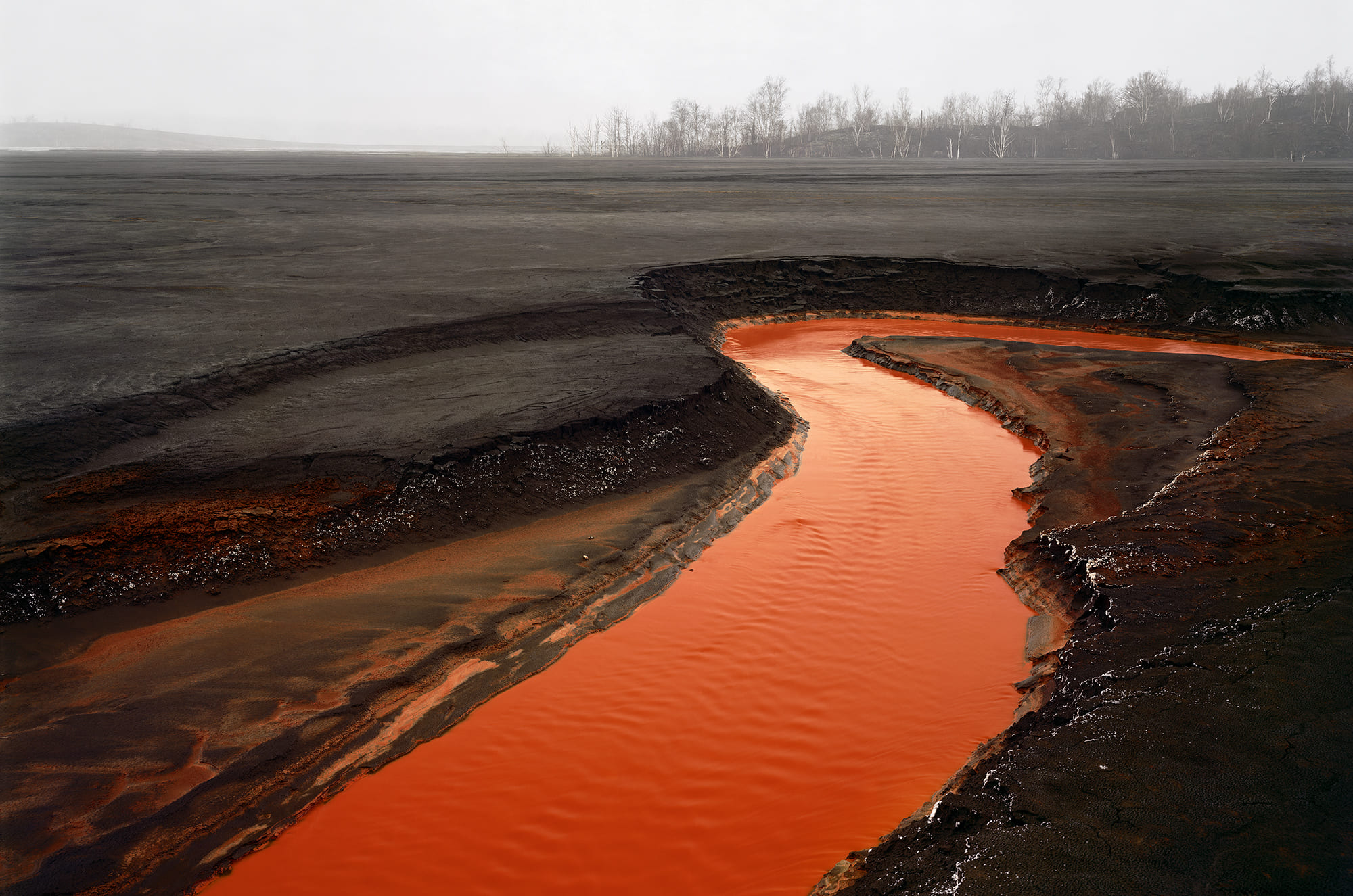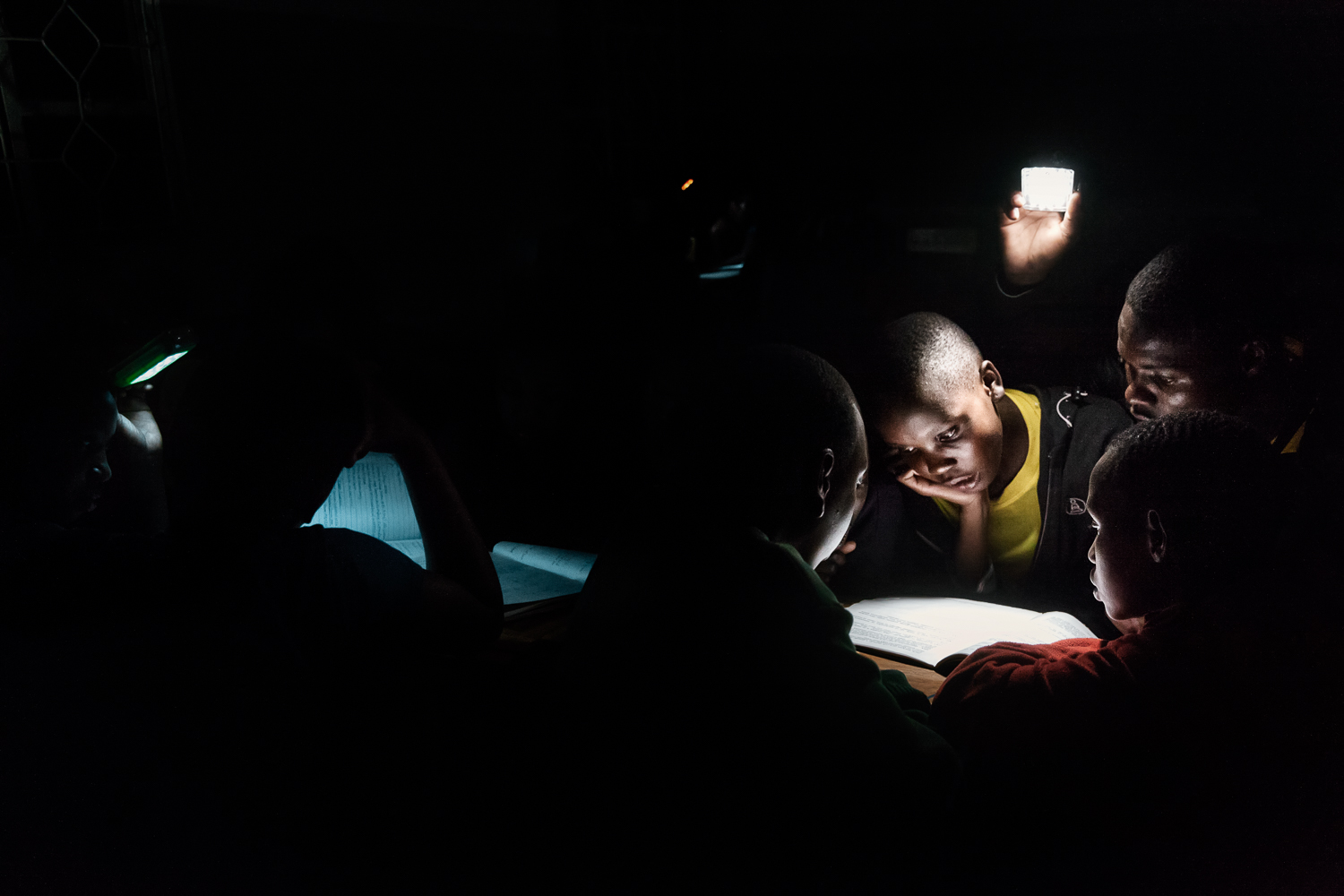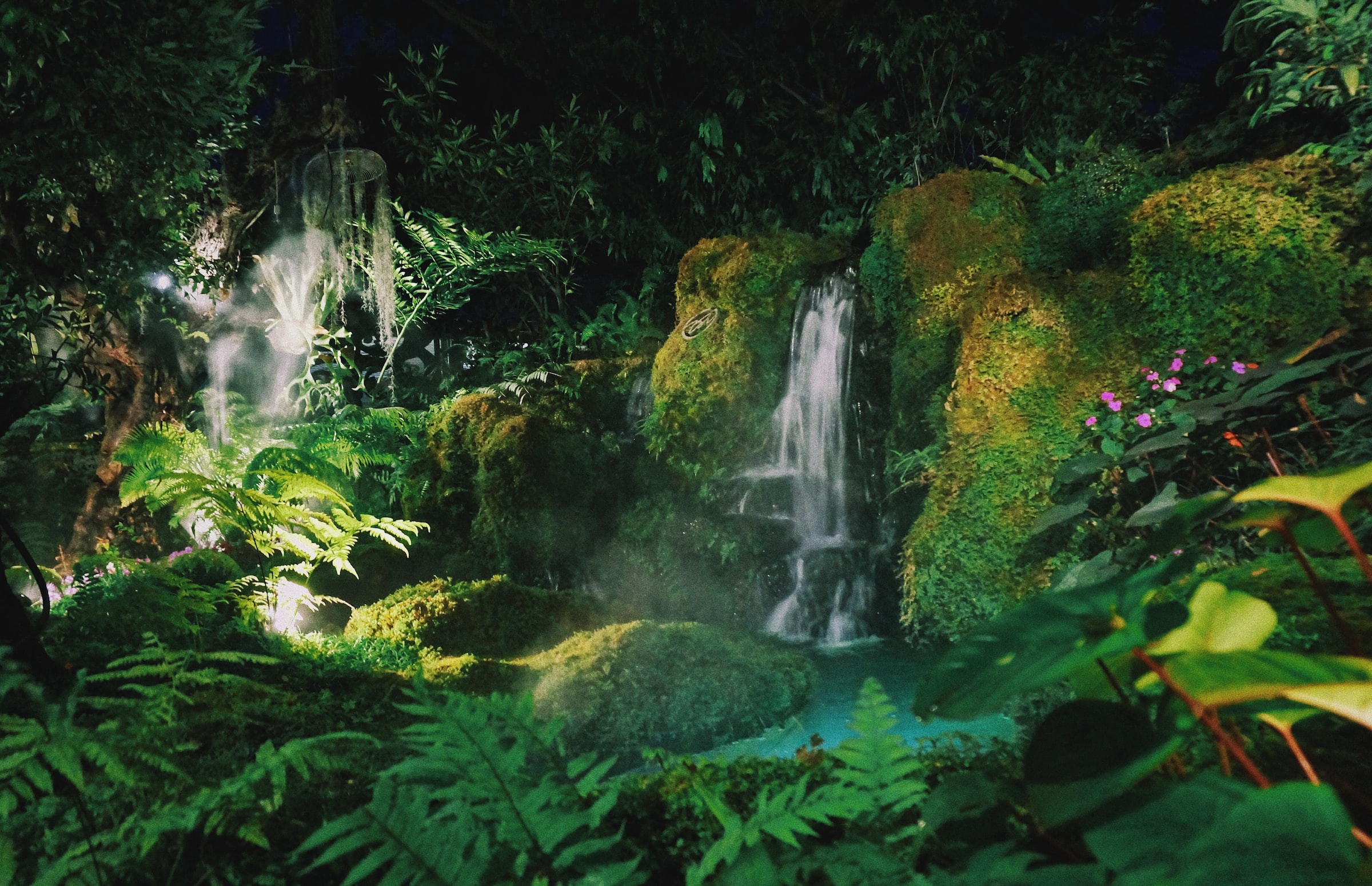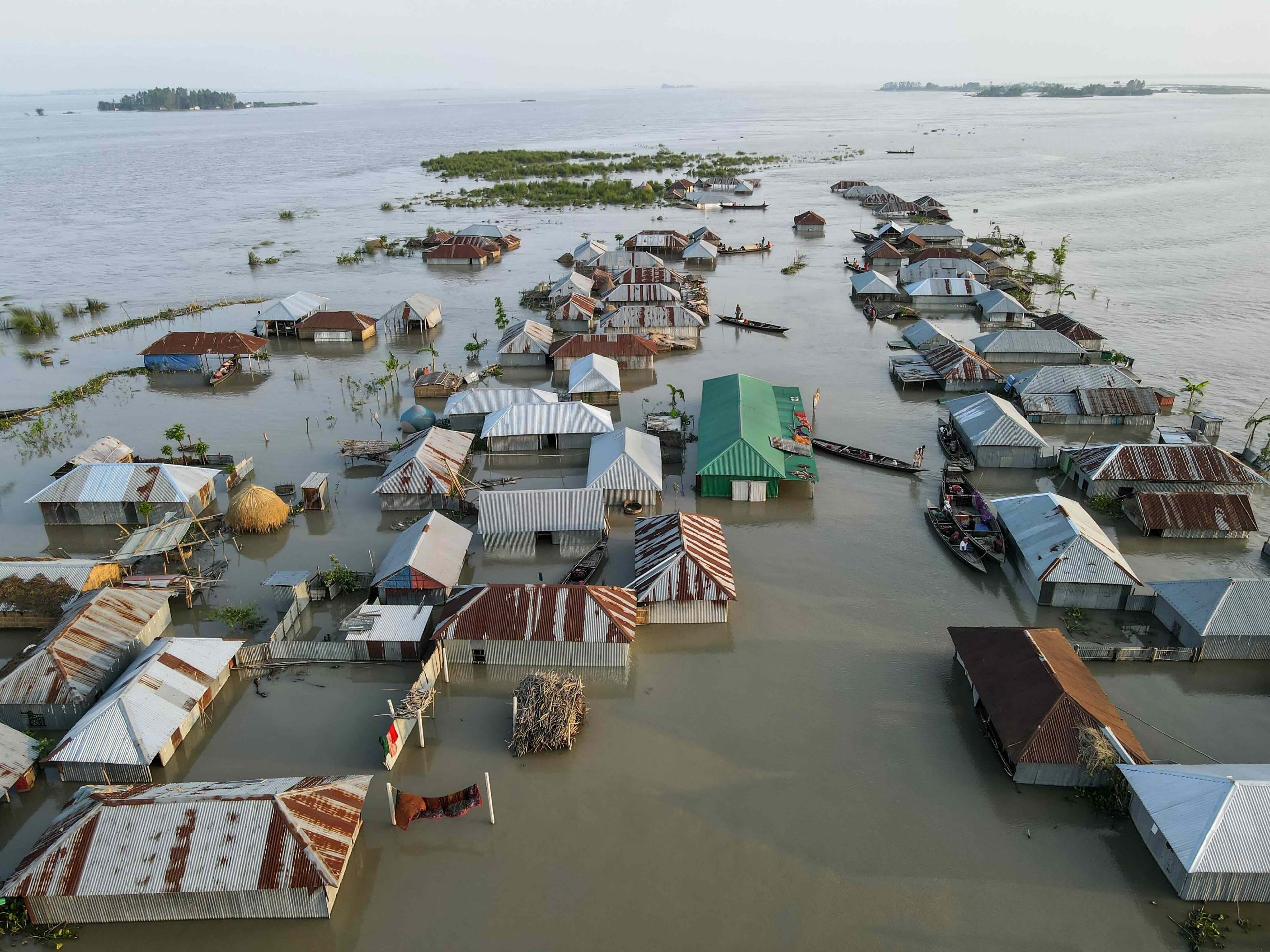The COVID-19 pandemic is making us rethink our link with nature and the way conservation efforts are carried out, just as reverse migrations to rural areas are driving deforestation rates up and the impending fire season risks increasing emissions in the Latin America region. However, these challenges come with opportunities. They create the conditions for fostering international cooperation, addressing innovative mitigation and adaptation strategies and protecting the livelihoods of people. Milagros Sandoval explains how the COVID-19 pandemic and environmental issues are intertwined and call for a future where science-based decisions shape public and private sector involvement in climate action.

How COVID-19 will affect conservation efforts in developing countries is a key concern for both environmental activists and policymakers across the globe. Milagros Sandoval leads and serves as a liaison of Conservation International’s (CI) climate strategy in the Americas. She talks us through the effects of COVID-19 on deforestation, national and international climate goals, public and private sector spending, as well as internal migrations in Chile and the Latin American region as a whole. Fortunately, it isn’t all bad news: the COVID-19 crisis does come with a unique possibility to create awareness about our interconnectedness with nature and promote new policies for a green recovery based on ecosystem restoration, sustainable agriculture, and future-proofed infrastructure.
The COVID-19 crisis has been the most impactful nature campaign ever and it is up to us to clarify the links to nature.
How has COVID-19 affected conservation work in the Latin American region?
In most Latin American countries there has been a complete lockdown, which has limited our ability to perform fieldwork, engage in participatory processes, and monitor/avoid illegal activities, particularly in forests. Many institutions are identifying a rise in deforestation rates and we need to think of new ways in which to address this: under lockdown, the people responsible for monitoring illegal activities such as mining and logging can no longer control and patrol.
Under lockdown, we can no longer come together physically as citizens which is crucial to engaging different stakeholders and upholding participatory processes and so we must find new ways to engage our communities and work with indigenous peoples and representatives. This is a crucial part of conservation work. Conservation is not just about protecting the rainforests but also the livelihoods of people.
What is being done to support local and indigenous communities?
We are worried because COVID-19 is spreading to indigenous communities. Therefore, our efforts are concentrating on getting the government to strengthen policies that address issues in rural areas where there are definitely fewer services including adequate health infrastructure.
Lockdowns are affecting unregulated workers and those that are active in the informal economy, depriving them of their livelihoods. What impact will this have on conservation efforts?
There is definitely an internal migration taking place. People, particularly from the informal sector, are returning to rural areas to harvest their lands, which also implies a return to forested areas and a potential impact in the long run in terms of deforestation rates. This is a concern as it will put more pressure on natural resources as people need to have access to some sort of livelihood.
How can conservation strategies be adapted to respond to these new circumstances?
Due to the financial burden of the COVID-19 pandemic, we expect there to be less private sector investment in conservation work. Therefore, we are focusing on engaging with the public sector. The idea is to support green development ideas with green infrastructure, ecosystem restoration, and sustainable agriculture. We cannot simply rely on other sources for reconstruction.
Will the pandemic bring a change in how governments approach climate policy?
Governments will have to focus on policies that reactivate the economy. This is both a challenge for climate policy but also an opportunity as it can mean the promotion of green development. How we support these processes is going to be very important. Although this is a crisis, I think there are always opportunities that arise from these scenarios. We must find ways to support our governments in these processes.
By bringing everything to a standstill with the lockdowns we have seen that it is feasible to reduce our emissions We are witnessing things that many of us would never have dreamed of seeing.
How will developing countries balance the need to reactivate their economies with the need to provide enhanced ambition for the Paris Agreement commitments?
This is a global issue as all countries are required to bring forward enhanced NDCs by the end of the year. Will this continue to be a priority as the pandemic brings other issues into the foreground? We probably won’t know the answer to that question until the end of the year when we will see if there have been enhanced NDCs.
However, the pandemic can be seen as an opportunity to readdress and rethink the NDCs and the enhancement process. A great example is in relation to carbon taxes (Article 6 of the Paris Agreement). Depending on how the tax is structured, and considering that private investment in developing countries is probably going to decrease, we must find new solutions for conservation.
Furthermore, the loss of private sector investments can also turn into an opportunity for collecting more information by engaging the public sector. For developing countries being more ambitious implies having more information about what is happening in the country itself, which is often lacking because of insufficient expertise and funds. Countries need to be able to make more robust decisions based on scientific data and technical support. So that is definitely a window of opportunity whereby we can focus on collecting more information.
For many countries in Latin America the sector that emits the most is land use change and right now the rate of deforestation is rising in many countries.
By bringing everything to a standstill with the lockdowns we have seen that it is feasible to reduce our emissions. We are witnessing things that many of us would never have dreamed of seeing. However, I do think ambition will be more difficult and I definitely wouldn’t say that the pandemic is supporting green development and being kind to nature in and of itself. Just think of the increase in illegal activities such as mining and logging. This will definitely be reflected in our NDCs: for many countries in Latin America, the sector that emits the most is land-use change, and right now the rate of deforestation is rising in many countries.
A finale note on our NDCs: we are now approaching the fire season which will impact much of what we can do and how we are going to commit to the UNFCCC process. As always the fire season also brings an opportunity for fostering international cooperation to support developing countries in mitigation and adaptation processes and protecting the livelihoods of people in affected areas.
What has changed in scientific communication on climate change since the virus and what do you think has to change?
The pandemic is highlighting our link with nature and how we rely on it. There is a need to rethink how we have been developing and we must communicate this effectively. For example, CI has just published some recommendations for green development.
The pandemic is giving us the possibility to generate different messages related to nature and why it is important to respect it. Never before has our generation seen a situation like this and we can use this as a positive call to action but we have to be creative in how we frame it. People are beginning to question who the real threat is: are we the threat or is it the virus?
This is the chance we were all looking for. This has been the most impactful nature campaign ever and it is up to us to clarify the links to nature. I am not a scientist and have a background in law so trying to understand the science and translating it into a policy perspective has been a challenge. Therefore I understand that we have to make climate change information more understandable and accessible. Climate scientists, just like epidemiologists, feel misunderstood.






